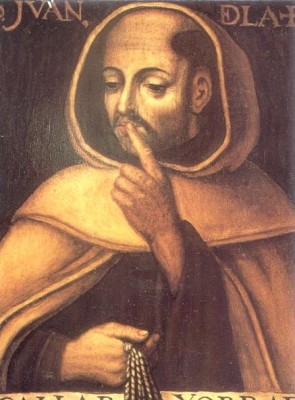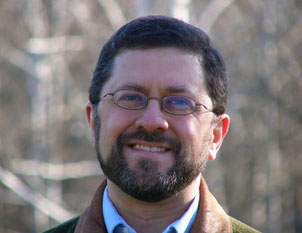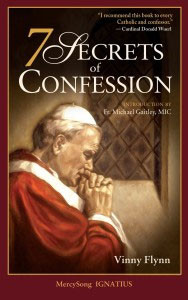Podcast: Play in new window | Download (Duration: 31:44 — 21.8MB) | Embed
Subscribe: Apple Podcasts | Spotify | Amazon Music | Android | Pandora | iHeartRadio | JioSaavn | Podchaser | Gaana | Podcast Index | Email | TuneIn | Deezer | Anghami | RSS | More

Episode 2 “Why Being Catholic Matters” – Why it Matters: An Exploration of Faith with Archbishop George Lucas
In this episode, we discuss “Why Being Catholic Matters.” Archbishop Lucas also talks about the “Rite of Christian Initiation of Adults” and in particular “The Rite of Election” where those who are seeking to be brought into full communion with the Catholic Church are received by the bishop of a diocese. The activity of grace which is experienced in our sacramental activity is touched upon by Archbishop Lucas, as well as the Period of Purification and Enlightenment which touches on our experience of Lent today. He also responds to some of the challenges which may confront Catholics out in the world and what our response should be.
From DOGMATIC CONSTITUTION ON THE CHURCH – LUMEN GENTIUM no. 14
Basing itself on scripture and tradition, it teaches that the Church, a pilgrim now on earth, is necessary for salvation: the one Christ is mediator and the way of salvation; he is present to us in his body which is the Church. He himself explicitly asserted the necessity of faith and baptism (cf. Mk. 16:16; Jn. 3:5), and thereby affirmed at the same time the necessity of the Church which men enter through baptism as through a door. Hence they could not be saved who, knowing that the Catholic Church was founded as necessary by God through Christ, would refuse either to enter it, or to remain in it.



 Pick up a copy of Mke’s book. You’ll find so much more and invaluable references and resources, as well
Pick up a copy of Mke’s book. You’ll find so much more and invaluable references and resources, as well



